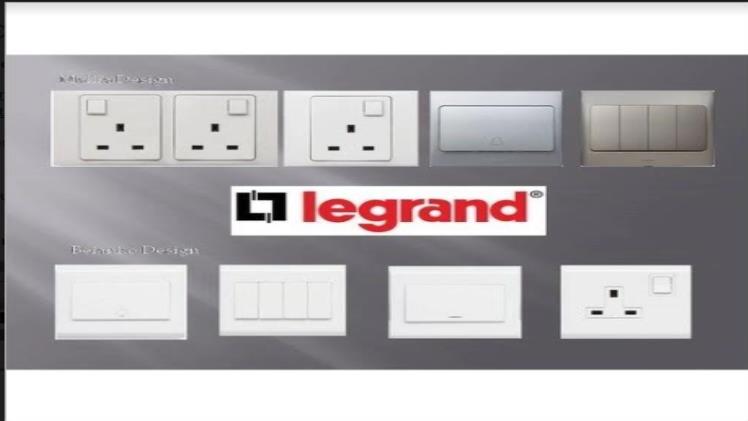In India, we use various electrical appliances that, when connected to Indian sockets, get electricity. Three socket types exist in India: C, D, and M. These are designed for different pins. Type C sockets are designed for plugs with two pins, type D sockets are designed for plugs with three round pins in a triangular pattern, and type M sockets are designed for plugs with three round pins.
While travelling to India, you must carry Indian sockets for charging various electrical appliances like laptops, cellphones, etc. These sockets are designed to handle the maximum current, and you can use them safely to recharge your expensive devices.
You might be wondering, if you already have international sockets, why carry Indian sockets while travelling to India? This article will explore how Indian sockets differ from international sockets.
How Indian Sockets Differ From International Sockets
● Construction And Design
Both Indian and international sockets differ in their construction and design. Every country follows an electrical standard to meet the electrical needs of its appliances. International sockets are constructed and designed to meet international standards, whereas Indian sockets meet the Indian electrical standards of electrical appliances.
● Voltage And Current Rating
Both socket types can handle different voltages and current ratings. Indian sockets are rated for a maximum voltage of 240 volts and a maximum current of 6 to 16 amps. In contrast, international sockets are rated for a maximum voltage of 120 or 240 volts and a maximum current of 15 or 20 amps, depending on the country and the socket type.
● Compatibility With The Appliance
All Indian appliances are designed to work with Indian sockets. You can choose the socket types according to the requirements of your electrical devices and use them without hesitation. But if you are travelling abroad, you must carry international sockets.
Many appliances may not be compatible with Indian sockets and are designed according to international standards. So, it is better to carry both Indian and international sockets that meet the requirements of that country.
● Safety Considerations
It is essential to use the correct type of socket for the safety of your electrical appliances. Using an electrical device with a higher current rating than the socket can cause overheating and damage to the device and the socket. Similarly, using an appliance with a lower current rating than the socket can result in a short circuit and a fire hazard.
Advantages Of Using Indian Sockets
There are various advantages to using Indian sockets.
- The design of the Indian sockets can help you prevent overheating and reduce the risk of electrical fires.
- They are typically less expensive than international sockets, and you can easily afford them for your households and businesses in India.
- They are durable and can withstand frequent use without breaking or wearing out easily.
Conclusion
In conclusion, if you require high-quality international and Indian sockets, visit Legrand Eshop, a one-stop shop for all your electrical and digital needs.

